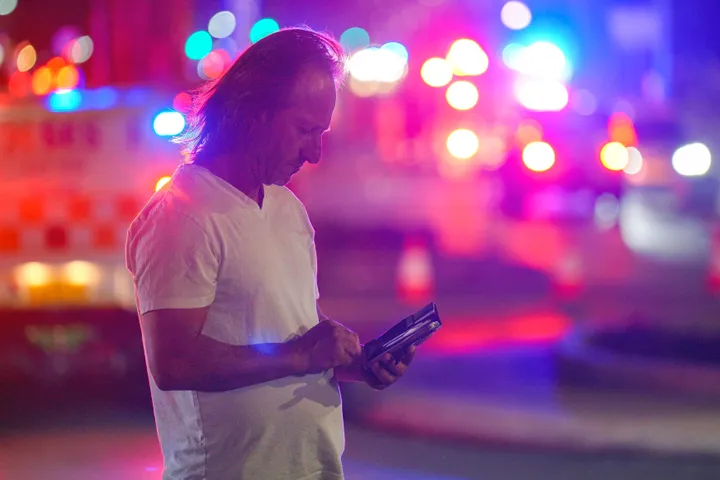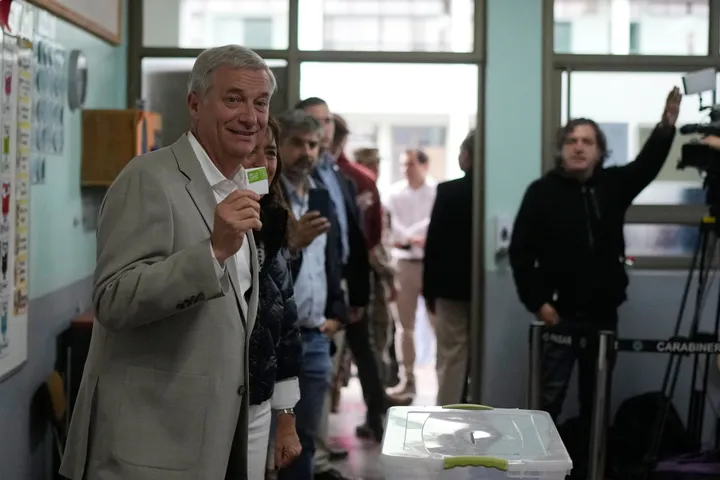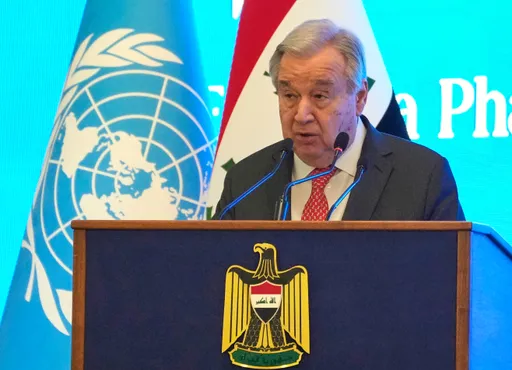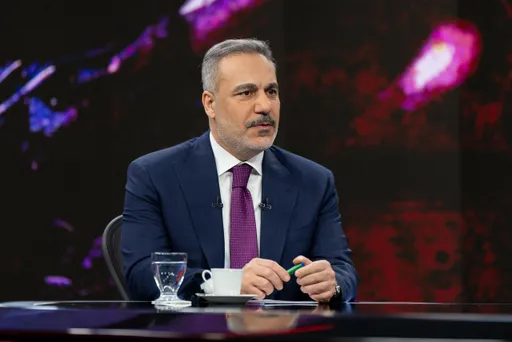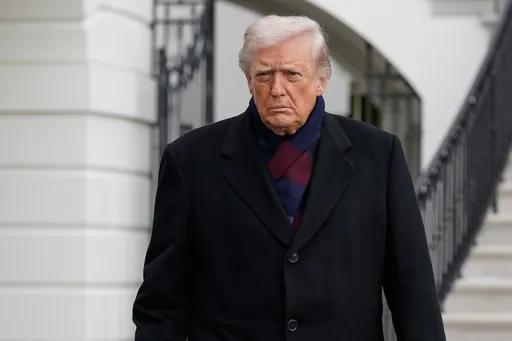A picture from a party in 2001 has landed Canadian Prime Minister in hot water just a month ahead of his country’s general election.
Justin Trudeau appeared in a photo of an Arabian Nights themed school party in mock eastern garb and blackface.
The Liberal Party leader, who heads one of the most diverse cabinets in the history of Canada, apologised in the immediate aftermath of the picture becoming published by Time Magazine.
“I shouldn’t have done it, I should have known better but I didn’t and I’m really sorry,” he told reporters.
The act of darkening a face to imitate people of colour has deep racist connotations but despite its odious origins many continue to do so - sometimes even defiantly.
In February, fashion label Gucci was heavily criticised for introducing an $890 sweater, which covered half the face and featured a thick red-lined opening around the mouth area resembling the lips on black golliwog dolls.
Each Christmas, international media attention turns to the Netherlands, where thousands of people paint their faces black while dressing up as Zwart Piet - One of Santa Claus’s black assistants.
Despite protest from black and anti-racist activists, many Dutch people defend the practice as a part of their culture and not something intended to hurt black people.
But just why is blackface so offensive?
“It’s an assertion of power and control,” Washington State University academic David Leonard told the History Channel during the Gucci controversy.
He explained further that: “It allows a society to routinely and historically imagine African Americans as not fully human. It serves to rationalize violence and Jim Crow segregation.”
The way of highlighting this purported lack of humanity was in exaggerating the physical characteristics of African-American people, such as their skin colour, lipsize, eye shape, etc, and also stereotypes about the way they conducted themselves, such as being intellectually slow and lazy with regard to work ethic.
The propagation of such attitudes and caricatures served the purpose of codifying white identity in opposition to the black other, according to the US National Museum for African American History and Culture.
Blackface is by no means exclusive to the West and variations are now common across the Middle East and South Asia, where it is also used to represent a caricature of those of African origin.
In 2018, a Kuwaiti show was criticised for portraying Sudanese people using non-Sudanese actors in blackface.
While most of those who use blackface or brownface insist they never meant to offend or were unaware of the racist connotations, such controversies continue to rear their head regularly.

